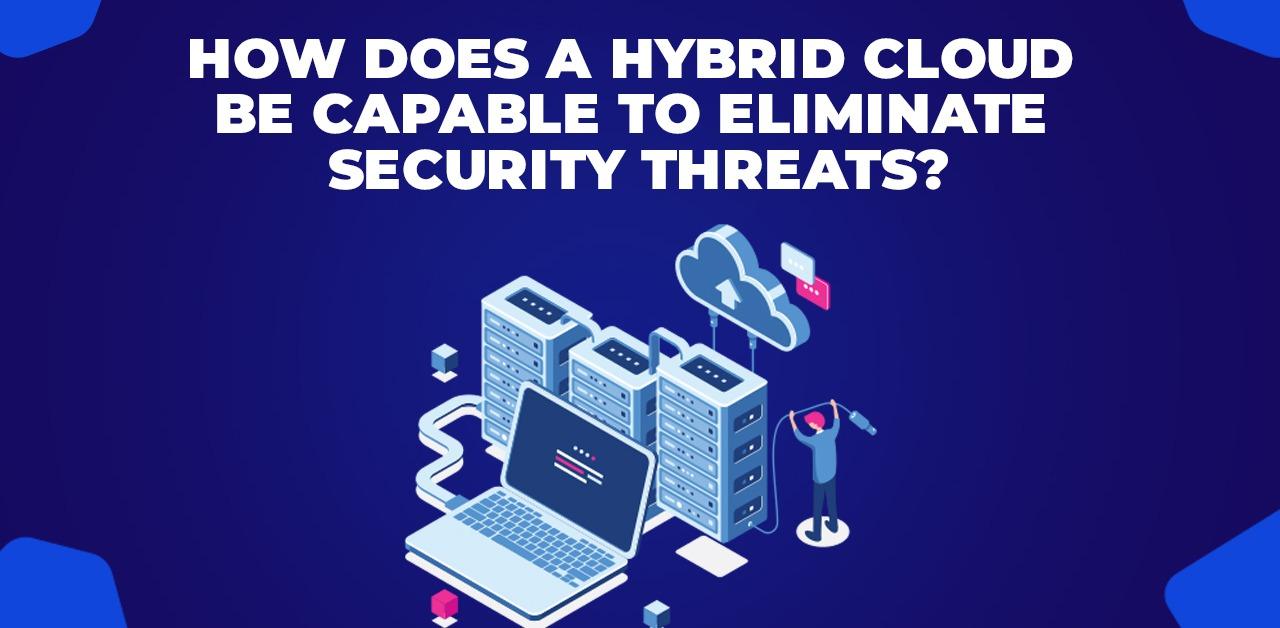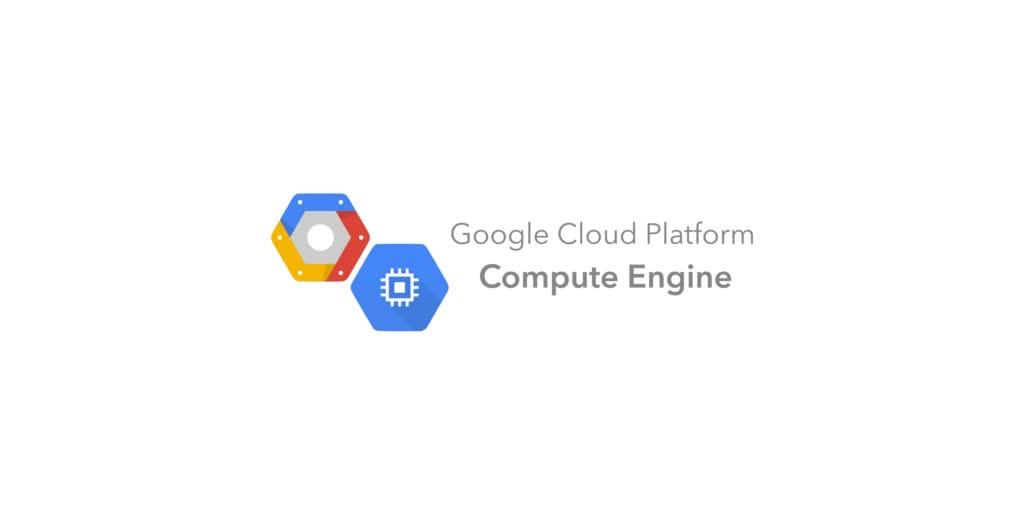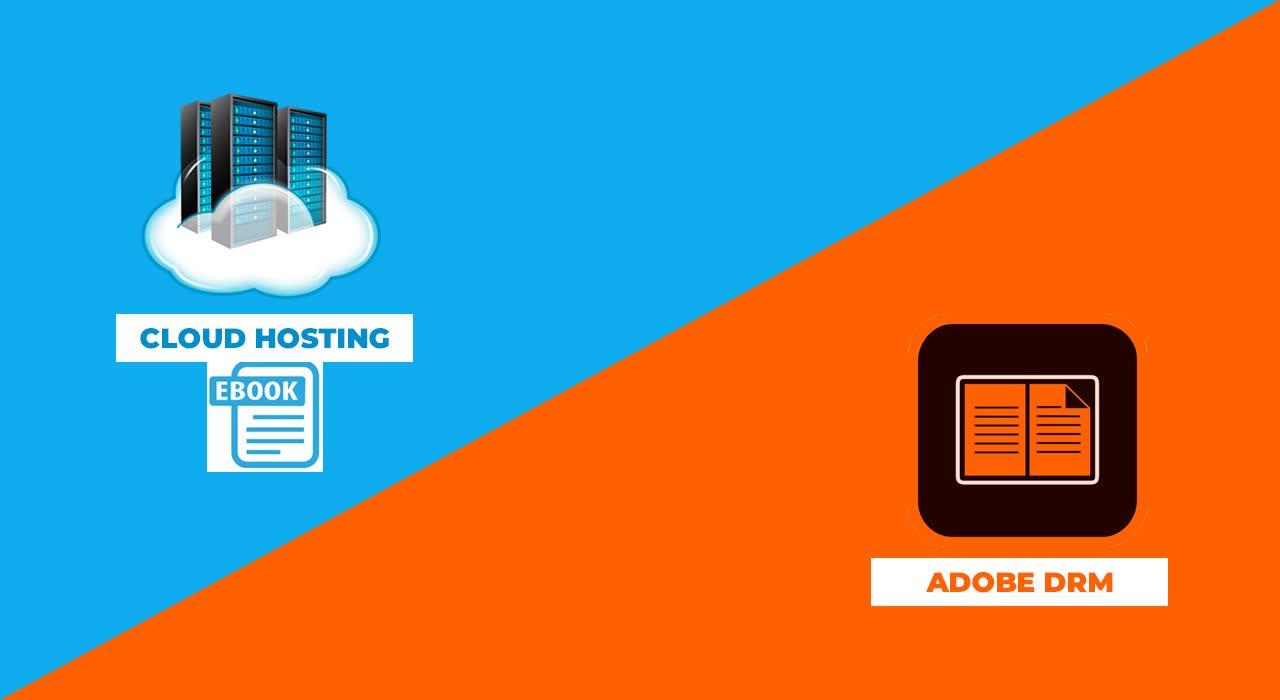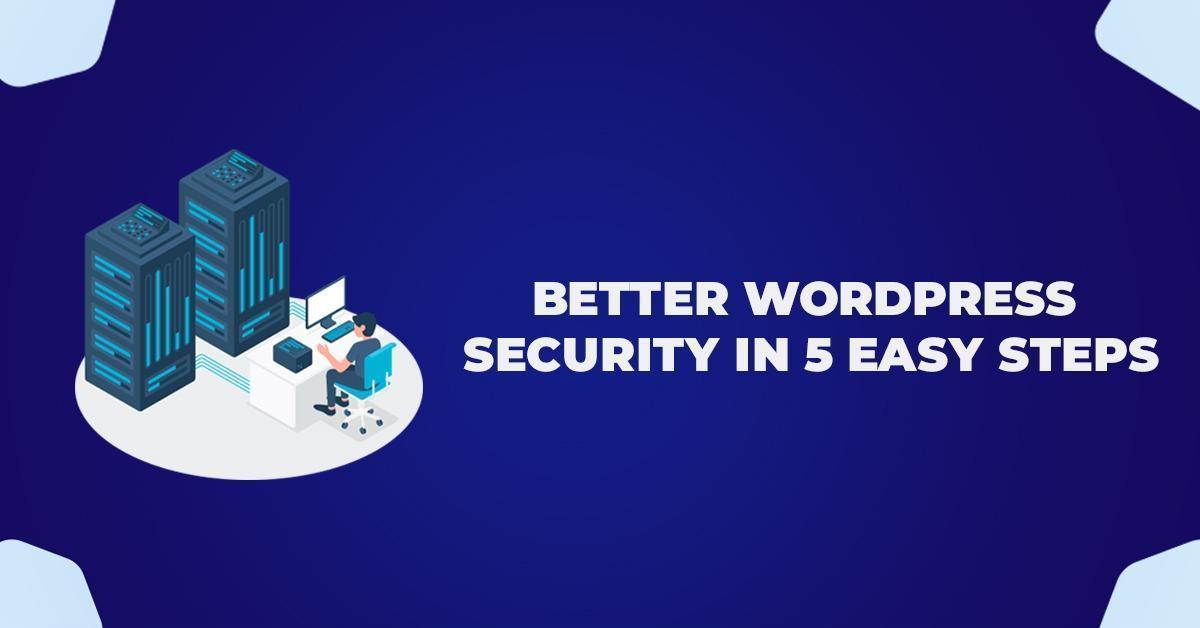How Does A Hybrid Cloud Be Capable To Eliminate Security Threats?
A hybrid cloud is a system that integrates a private cloud alongside one or multiple public cloud providers, with unique technology allowing interaction among each separate division. A hybrid cloud approach gives enterprises more versatility by shifting workloads across cloud providers as demands and prices change.
Hybrid cloud technologies are effective because they provide organizations with more management over their sensitive information. A company can keep confidential material in a private cloud or regional database servers while also leveraging the powerful computation capabilities of a controlled public cloud. In contrast to a multi-cloud model, which requires administrators to manage each cloud environment independently, a hybrid cloud depends on a single plane of administration.
Transitional Blunder
Using public and private clouds enables organizations to accept accountability for data within their management, which aids develop confidence with end customers who recognize who owns their data. For instance, private data may be housed in a secure private cloud, but applications that use that data could run on freely available public clouds. This is supposed to provide for seamless functioning, unambiguous accountability for data, and tighter cybersecurity.
Memory Issues
One of the main concerns with cloud-bound data is the storing of information that is no longer being utilized. There are minimal issues with information in travel and information in action, but this cannot be stated for the storage of data. 90% of data breaches in recent years have been attributed to data in rest, which occurs when data that is not constantly handled is released or taken. A hybrid cloud-based approach would allow companies to preserve encryption keys in the private cloud while storing encrypted data on public clouds for usage by organizations.
Data Security In The Hybrid Cloud
The safety of data stored in the cloud is one of the key issues that limit cloud migration. While private cloud data centers may be physically situated on-premise. The cloud computing model remains the same: data stored in the private cloud is accessed via the private IT network connectivity, which is conceivably highly susceptible to breaches, data leaks, snooping, and man-in-the-middle threats.
Hybrid cloud computing enables businesses to use both public and private cloud models. The benefits include lowering the risk of security attacks; nevertheless, better security precautions are necessary when the total IT infrastructure evolves into a complicated mixture of public and private cloud installations.
Make Use Of Diversity
To avoid assaults, businesses must use heterogeneity to limit the likelihood of establishing a single point of breakdown. If you have more than one species but just one Domain Name System (DNS) system, it may be targeted by the identical malware, therefore all can be targeted by the identical virus. When there is a lot of variation across individuals, the route of assault does not always work the same way for everybody.
Hazard Evaluation And Management
Cloud network threats develop quickly as fraudsters discover new ways to compromise susceptible network terminals and channels of communication. A comprehensive risk assessment is required to understand cloud network activity at any given time. This information is crucial for doing the appropriate risk mitigation procedures proactively. As a result, it is critical to adhere to the following best practices:
- Assess and assess the risks associated with private cloud migration activities
- Create a risk assessment and determine the resources needed to address security concerns within the budget constraints
- Update all software and networking devices with security fixes regularly
- Keep an eye on network activity for any unusual activity
- Utilize powerful AI-based system surveillance solutions that link network behavior with possible cloud risk assessments
Cloud Transparency And Management In A Hybrid Environment
Because cloud computing is maintained and administered by a third-party provider, it provides minimal visibility and control over the Information Technology (IT) infrastructure. The justification for an on-premises private cloud is different since the infrastructure is devoted to a single client business and its authenticated users. The data center is frequently virtualized or software-defined, allowing clients to have absolute ownership over their assets. Fine-grained transparency and management to fight hybrid cloud security mechanisms, on the other hand, the need in-house knowledge, innovative technological solutions, and enough computational power to accommodate the expanding amounts of security-sensitive information.
Management Solutions Help To Reduce Cyber Threats
Considering the instability of the environment, employing an independent vendor in charge of staying up with developments and ensuring safety uniformity throughout systems is critical. An as-a-service managerial supplier is just as important to a company’s hybrid cloud footprint as a Global Positioning System (GPS) as well as air traffic control to an airplane. They not only assure security uniformity across platforms, but they also open up a company’s inside security staff to handle specific localized issues, double the security advantage.
Many firms who are migrating to cloud services are unaware of the possibility of cloud fragmentation. When cloud apps are deployed as independent silos, they create administrative, integration, and, most importantly, security challenges—all of which may be controlled, if not eliminated, with the correct hybrid cloud management solution. Obeying coherent quality standards, such as data encryption in transit and at rest, utilizing identity and access management (IAM) capabilities, and using Secure Shell Protocol (SSH) network procedures for communication systems among unprotected communication networks, for example, can alleviate many managerial flare-ups and potential threats.
Managed hybrid cloud may assist enterprises to decrease or remove duplicate information housed in distinct silos, as well as provide more control over their security profile through cryptography, management, security systems, automation, and endpoint protection, to mention a few. Whether done domestically or through a managed solutions vendor, identification and authenticity are key components of contemporary vulnerability management. Using a solution such as Azure AD hybrid identities with SSO or Federation provides a means for securely sharing credentials between on-premises and cloud-based systems with relatively little effort.
The Importance Of Stability
Whenever it pertains to safeguarding hybrid systems, constancy is more important than unique skills. Only when a controlled hybrid cloud service provides security policy uniformity in domains such as access control and incursion tracking can an organization reap the benefits of such infrastructure’s flexibility and adaptability. To truly realize the rewards of freedom and variety that hybrid systems provide, enterprises must have a solid management plan in place across all systems. The aim is to have continuous protection, which starts with using a hybrid cloud administration platform to streamline your procedures.
A maintained hybrid cloud service offers all of the advantages, knowledge gained and best practices garnered from a large number of clients – depth of skill and real understanding that you cannot reproduce on your own. Furthermore, many managed services conceal details of the implementation while increasing the degree of safety capabilities accessible to an organization – yet another example of getting more security bang for your budget. Cybersecurity is difficult and costly, but using the efforts of cloud providers to collect those issues and answer them may be like enchantment to the businesses that utilize it.
Conclusion
Whenever there is a combination of global and personal cloud installations, the danger of security attacks is reduced. However, whenever there is a combination of commercial as well as highly confidential cloud implementations, attention must be taken to manage the confidentiality and integrity of the entire IT infrastructure.






































